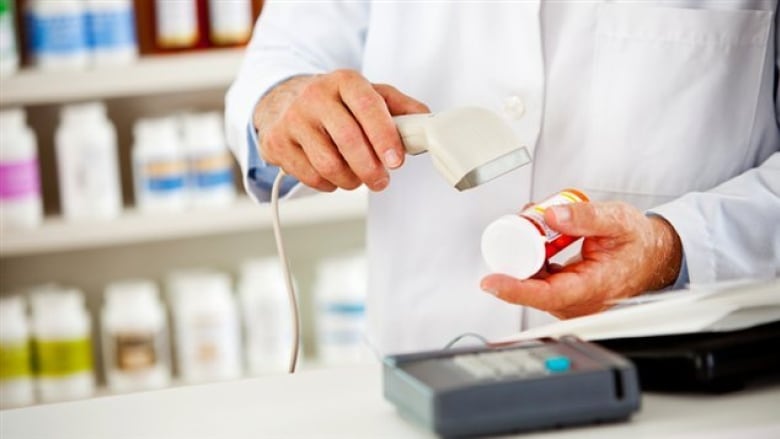Nova Scotia's seniors' pharmacare program by the numbers
Some households will see savings, but others will pay more

The province is creating a stir among some older Nova Scotians after introducing changes to its seniors' pharmacareprogram.
Under the current system,seniors who earn $100,000 a year pay an annual of premium of $424 the same as a senior making $24,000.
Nearly half of the120,000 seniorsin the program pay nopremium at all.
The province says under the new system at least 47,500 people willbe exempt from premiums, and it expects thenumber to growas it gathers more income information from another 44,000 people.
As of April 1, 2016 the new premiums will be:
- Single seniors with an income below $22,986 will not pay any premium
- Single seniors earning $22,986 to $35,000 will pay $40 per month or less
- Single seniors earning $35,000 to $75,000 will pay $40 to $100 per month, based on income
- Single seniors earning more than $75,000 will pay $100 per month
Couples will also have different premiums:
- Couples with a combined income of $26,817 or less will not pay any premium
- Couples with a combined income of $26,817 to $40,000 will each pay $40 per month or less
- Couples with a combined income of $40,000 to $100,000 will each pay $40 to$100 per month each, based on income
- Couples with a combined income greater than $100,000 will each pay $100 per month
The province says about 12,000 seniors who paid a premium in 2015 will not have to paythis year, whileabout 29,000 seniors will qualify for a reduced annual premium.
There is a downside, however. Thosewith higher incomes will see an increase in what they pay.
The provincial government said the costs of running the pharmacareprogram are expected to reach between$158 million and $177milliona year by 2020. The program currentlycosts about $120 million a year.












_(720p).jpg)


 OFFICIAL HD MUSIC VIDEO.jpg)
.jpg)



























































































